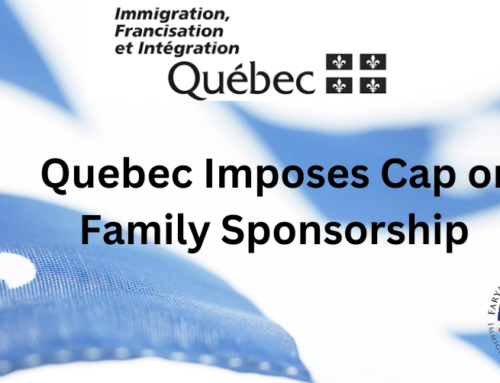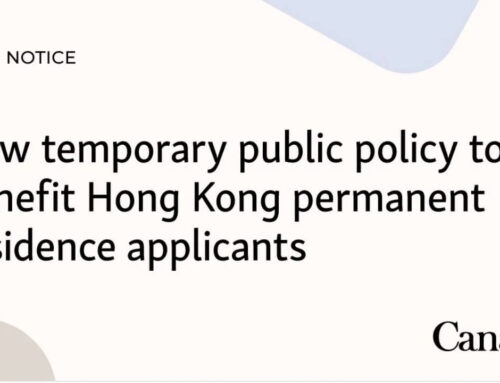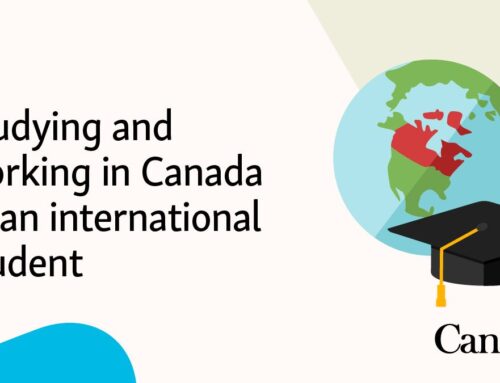On October 5th, Minister Mendicino finally announced the plans to open the Parents and Grandparents Program (PGP) for 2020. The PGP is a program where Canadians or Permanent Residents can sponsor parents and grandparents to become permanent residents. In 2019, the online application opened up on January 28, 2019 and the annual limit was reached within 11 minutes. Although 27,000 applications were received, only 20,000 were selected. The system was highly criticized by applicants as it offered only a small window to complete the application and also having to refresh as the online system was very slow.
For 2020, Minister Mendicino announced that Canadians and permanent residents who wish to sponsor their parents or grandparents, must again, submit an interest to sponsor form online; however, instead of providing one-day to submit, this time applications will be accepted over a 3-week period, from October 13, 2020, at 12 p.m. EDT until 12 p.m. EST on November 3, 2020. Once this window closes, potential sponsors will be randomly selected by Immigration, Refugees, and Citizenship Canada (IRCC) and will receive an invitation to submit an application, within 60 days.
A maximum of 10,000 applications will be accepted for processing as part of the 2020 PGP intake, a decrease of 10,000 from 2019. In 2021, IRCC plans to accept a total of 30,000 new applications. With the COVID-19 pandemic, many families have been separated because of travel restrictions, and many immigration programs were halted to deal with this, including the PGP program, which was delayed and supposed to be rolled out earlier this year. This has caused a serious delay and significant backlog for many familial sponsorship applications.
There have been three recent announcements by IRCC to support its family reunification initiatives. First, on October 2nd, Canada announced that they will be relaxing travel restrictions for extended family members, including longtime couples (over 1 year), children of Canadian or Permanent Residents who are over 22 (not dependents), grandchildren, siblings, and grandparents. In addition, under compassionate grounds, foreign nationals with dying relatives, attending a funeral, or to care for a critically ill relative. Second, IRCC announced in late September that they will process 6000 spousal sponsorship applications between October through December which will lead to 49,000 family sponsorship decisions by the end of the year. Third, a temporary policy has been issued that Canadian/Permanent Residents sponsors do not have to make 30% more than the minimum necessary income plus 30% to be able to sponsor a family member. They can also use their regular unemployment insurance benefits to qualify.
With the relaxation in travel restrictions, it is seemingly possible that many families will soon be reunited, despite the pandemic.





